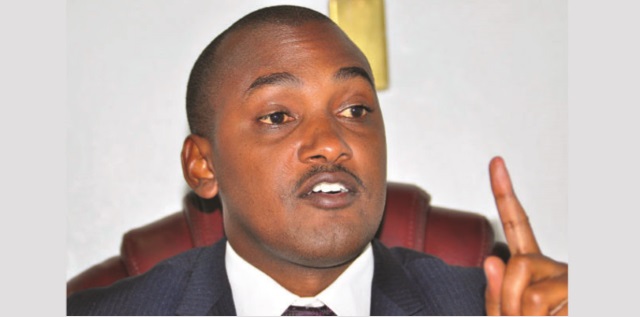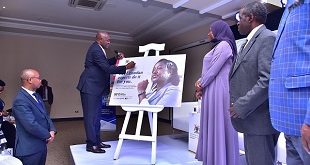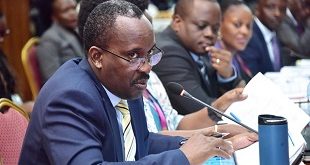
Kampala, Uganda | THE INDEPENDENT | The Ministry of Gender, Labor and Social Development has discovered that programmes put in place to empower girls and cushion them against early marriages and pregnancies are not utilized.
Speaking during a meeting with Members of Parliament on Saturday, Obadiah Kashemeirwe a Gender Ministry Official said while programmes such as the Youth Livelihood Programme were created to ensure that girls like boys also access funds for economic empowerment more than half didn’t know about the programme.
He said in this mid-term evaluation which will also be their end of term report, they found 50% of the population are unaware of the government Free Child Helpline.
Dubbed Sauti, the toll-free telephone service short coded 116 and accessible on all telecommunication networks in the country was started as an assumption that they offer young people an available medium, reporting to authorities crimes like violence, forced marriages and sexual abuse.
But, this hasn’t happened and yet some emerging issues such as the influx of refugees and most recently the lockdown are putting more girls at risk of early marriage.
At the launch of the strategy in 2015, the ministry of Gender outlined approaches and interventions that would help them tackle these challenges as at that time the average age of first marriage in Uganda was at 17years below the set age of consent which is 18 years. This hasn’t changed even with the interventions.
Mitooma Woman MP Jovah Kamateeka said there is no way the livelihood programme would have worked when young people were just given money with no proper guidelines on utilization and who exactly benefits from it.
“YLP can’t help in beating teenage pregnancies. When girls go to YLP they are told that they are under the women entrepreneurship programme. It’s not clear where girls belong”.
Referring to it as a shift from soft to hardware interventions, Kashemeirwe said there’s no need for NGOs doing girl child advocacy to refocus from mainly handling the sensitization arm of ending child marriages to offering real opportunities such as sponsoring needy children through school or taking them to technical institutions for skills that would enable them to engage in activities where they can earn.
According to Kashemeirwe if only the youth livelihood and the women’s entrepreneurship programmes were being utilized as planned on paper, some strides would have been made.
Rosette Nanyanzi, the Acting Gender Technical Advisor at Ministry of Education noted that girl children who start primary one, only 30% make it to primary seven and yet another more than 8% drop off during the long vacation. By the time of joining secondary school, only 21.4% make it.
*********
URN
 The Independent Uganda: You get the Truth we Pay the Price
The Independent Uganda: You get the Truth we Pay the Price


